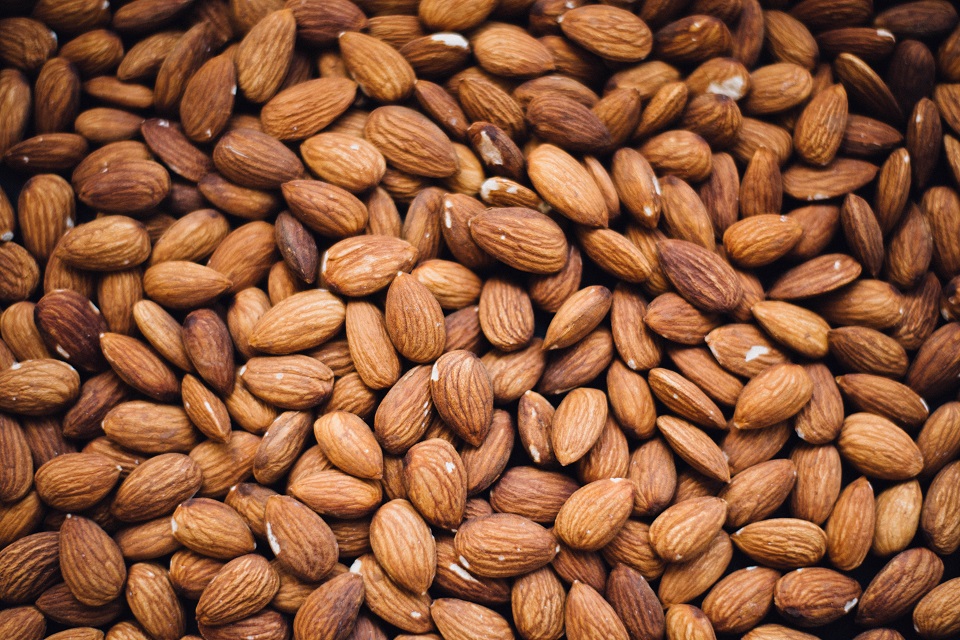World Environment Day is the most renowned day for environmental action. Since 1974, it has been celebrated every year on 5 June; engaging governments, businesses, celebrities and citizens to focus their efforts on a pressing environmental issue.
You might not think it, but the coffee industry is a pretty big contributor to harmful emissions and non-biodegradable waste, not to mention deforestation - how else do you think all those coffee beans are grown?
So, today being World Environment Day and global demand for sustainability continuing to grow, we thought we’d share our top tips to help your business better the planet.
Where do you get your beans?
Where does your coffee come from? Did it cause deforestation? Is it grown sustainably and for a fair wage?
A lot of coffee comes from unsustainable suppliers guilty of harming natural habitat by using harmful pesticides, herbicides and fertilisers. Coffee is in fact sprayed with more chemicals than any other edibles except for tobacco.
Ensure that your coffee beans are fair trade, certifying that your coffee beans have a clean history.
Make the switch to recyclable coffee cups
Annually, the average person consumes 500 disposable styrofoam coffees, most of which will still be in our landfills 500 years from now!
Biodegradable or fully recyclable cups are a must for any coffee seller looking to go eco-friendly. Your customers will love it too! 71% of consumers will help to promote a product with a good cause behind it.
Reuse your coffee grounds
Coffee grounds release methane when they’re disposed of in landfill sites, which negatively impacts the environment. Instead of throwing away your used coffee beans, repurpose them in a number of ways.
.jpg)
Coffee grounds have a variety of uses in both the kitchen, garden, and cafe.
In the kitchen
Coffee grounds can be used as a deodoriser. Pop a bowl of used coffee grounds in the fridge. It’ll help neutralise bad odours and maintain a fresher smelling kitchen.
In the garden
Used coffee grounds have an almost neutral pH value and add invaluable nitrogen, magnesium and potassium to the soil.
The coffee grounds can be repurposed in straightforward composting. Add the used grounds straight to the compost heap. You do need to watch out for ratios though – coffee grounds plus other so-called green matter (freshly cut grass and other kitchen scraps) should make up no more than 10% of your compost pile, and ideally much less than that.
In the cafe
For those of you who use decorative flowers in your cafes, the gardening goodness applies at work too. Instead of putting cut flowers in water, add a coffee-rich soil to the vase to keep flowers alive for longer, and offer a more attractive environment for customers.
Source local when possible
Don’t just source ingredients from local suppliers - shout about it! Not only are you reducing the emissions produced from the transportation of ingredients from non-local suppliers, consumers also love supporting their local community! Statistics show that 50% of consumers will pay more for green goods, making it both eco-friendly and revenue-friendly.
Save energy
Did you know that energy saving Espresso machines were a thing? Yep, these wonderful pieces of technology have energy-saving modes and multi-boiler systems that optimise energy use. But reducing the energy your coffee shop uses doesn’t stop there - why not switch to energy-efficient lighting or install a high-efficiency water heater? Both great steps to minimise energy costs and usage.
Reduce wastage
Reducing your waste reduces your coffee business's impact on the environment. There are a number of options available to tackle your business wastage.
-
Replace as many disposable items as possible in your cafe/restaurant. This means that fewer materials end up in landfill. Instead, use reusable items, such as metal straws instead of plastic straws.
-
Compost leftover food or offer it to a local food bank. There are a number of businesses in the UK that operate to reduce restaurant wastage by offering it to those in need.
-
Use real towels instead of paper towels.
-
Ensure takeaway cups and containers are recyclable. You may think that yours are because they’re cardboard, but oftentimes a thin plastic layer can be found within these items, stocking them from being recycled. Instead, invest in 100% recyclable cups.
Offer vegan alternatives
Vegan milk alternatives, such as almond, coconut, and oat milk, have a much lower carbon footprint than dairy milk. Offering your customers these choices not only widens your consumer market to the vegan community but contributes towards the modernisation of your coffee shop. To learn more, read our blog on why your cafe should offer vegan options.
Incentivise refillable cups
Environmentally and consumer-friendly - offer discounts, points to spend on future purchases, or anything else customers would appreciate to incentivise the usage of refillable cups. To encourage their use further, sell your own reusable cups for those who don’t have one already. Once again a win-win for the environment and your bottom line.
Paperless receipts
By investing in a smart POS system, you can produce e-receipts for your customers. These e-receipts can go to customers’ phones as text messages or emails. Moreover, this will help you build a database of customers for future advertising.
To wrap up
While moving toward a more sustainable business can seem like a big undertaking, even small steps can make a difference. By following these tips and doing your own research about recycling and composting services in your area, you can make the transition easier and more attainable.




.jpg)


